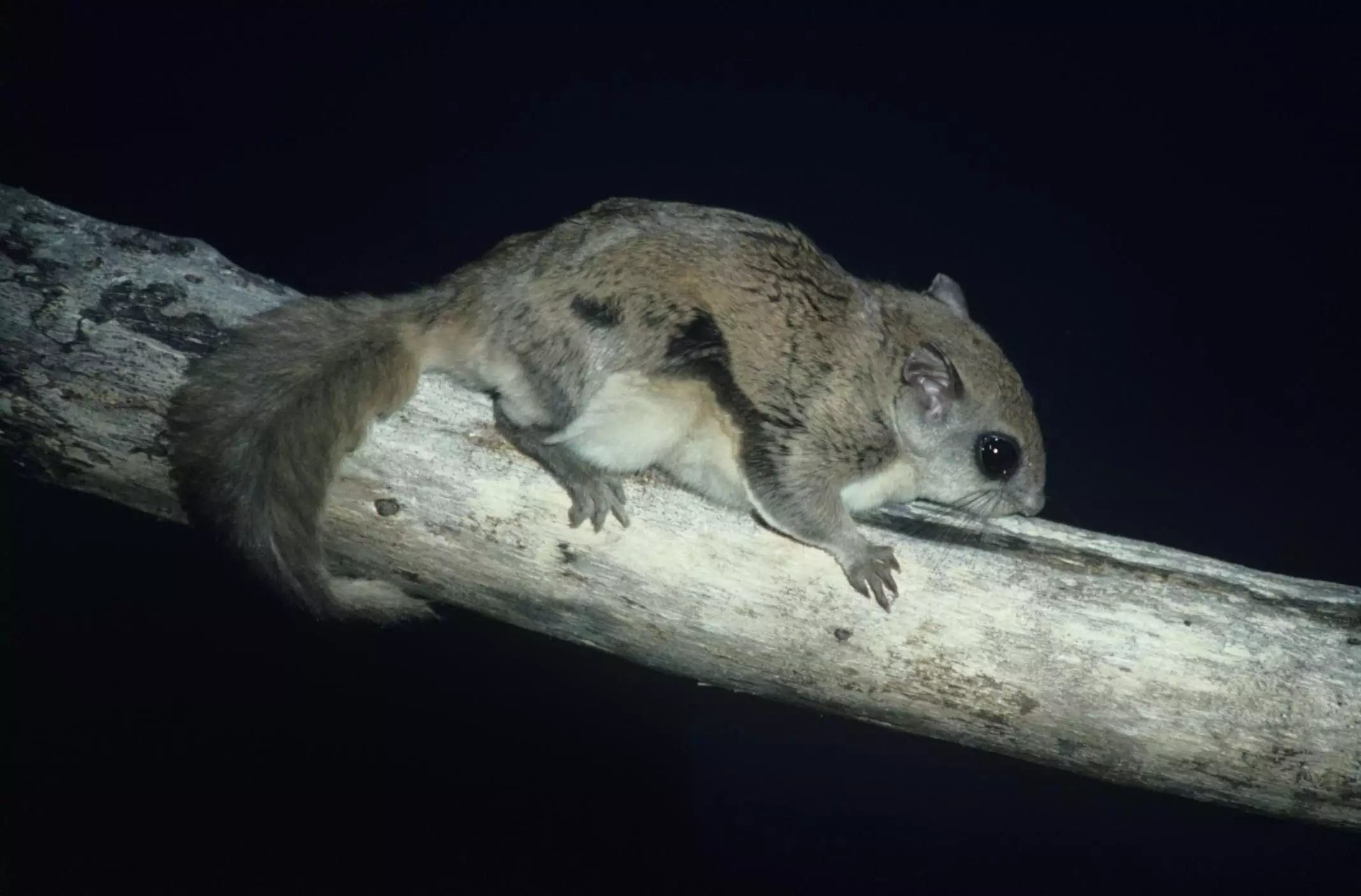Southern flying squirrels, scientifically known as *Glaucomys volans*, have surged in popularity as pets due to their charming demeanor and unique attributes. These small, nocturnal rodents can be delightful companions for those willing to commit to their care. However, prospective owners must understand the responsibilities and requirements that come with owning such exotic pets.
Measuring approximately 8 to 10 inches, including their tails, southern flying squirrels are characterized by their large, round eyes and silky fur. These adaptations are crucial for their nocturnal lifestyle, aiding them in navigating the night with ease. Unlike many traditional pets, they glide from tree to tree using a membrane stretching from their wrists to their ankles, allowing them to cover considerable distances without the need for extensive climbing. Their playful nature makes them ideal companions for individuals who enjoy interactive pets.
One of the most appealing aspects of southern flying squirrels is their social behavior. When raised from a young age, they form strong attachments to their owners and thrive on interaction. However, it is essential to spend ample time nurturing these bonds, as neglect can lead them to become skittish and unmanageable. They seek comfort in the clothing of their human companions, often curling up in sleeves or pockets, which underscores their affectionate nature.
Before considering a southern flying squirrel as a pet, it’s imperative to check local laws and regulations governing ownership. The legal status of these animals varies by state, and potential owners may need special permits or licenses. Ignorance of the law could result in the unfortunate scenario of losing a beloved pet due to illegal ownership.
Moreover, ethical considerations come into play regarding the sourcing of these squirrels. Opting for a reputable breeder is vital; purchasing from illegal or unethical sources not only contributes to animal cruelty but may also result in health issues for the pet. An informed choice blends responsibility with compassion, ensuring your potential pet has a healthy start in life.
While southern flying squirrels are small in size, their housing needs require careful consideration. A spacious cage that prioritizes vertical space over horizontal area is essential for their well-being. A minimum height of three feet is recommended, with six feet being ideal. Given their natural climbing instincts, providing branches and toys like climbing ropes or running wheels will keep them physically stimulated and content.
A critical caveat is that flying squirrels are adept chewers, necessitating sturdy cage materials to prevent escape. Their cage should also include nesting boxes with safe materials that do not pose a risk of entanglement, thus ensuring their safety and comfort.
Caring for a southern flying squirrel entails a balanced diet tailored to their unique dietary needs. In the wild, these animals are foragers, eating a mix of fruits, nuts, seeds, and occasional insects. In captivity, their diet should reflect this variety. Offering nuts such as walnuts and pine nuts, seeds like sunflower seeds, and fresh vegetables will contribute to their overall health.
For baby squirrels, special attention is needed, as they cannot be weaned too early. They will require a milk replacer until they can transition to solid foods. Calcium supplementation is crucial to prevent deficiencies that can lead to severe health issues in adulthood, so owners must ensure a consistent supply of calcium and vitamin D3.
Southern flying squirrels do not require vaccinations or extensive veterinary care, but it is essential to have access to an exotic veterinarian for routine check-ups and emergencies. Grooming plays a vital role in their health; these rodents usually keep clean but may need occasional assistance, such as spot cleaning, with safe wipes or powders.
When it comes to training, patience is key. These squirrels are not particularly trainable but can learn to be comfortable with gentle handling and may perform minimal behaviors in response to treats. Protecting them while allowing them to explore outside their cage is crucial, ensuring safety from potential hazards in the environment.
Owning a southern flying squirrel can be a rewarding experience for the right person. With their playful nature and affectionate tendencies, these creatures can add joy and companionship to their owners’ lives. However, potential pet owners must adequately prepare themselves for the responsibilities associated with nurturing such exotic animals. By understanding their needs and requirements and fostering a safe and enriching environment, southern flying squirrels can thrive as part of a caring household for many years.
Whether you are seeking a lifelong companion or simply exploring the world of exotic pets, putting effort into responsible ownership makes a substantial difference in the lives of these charming creatures.


Leave a Reply